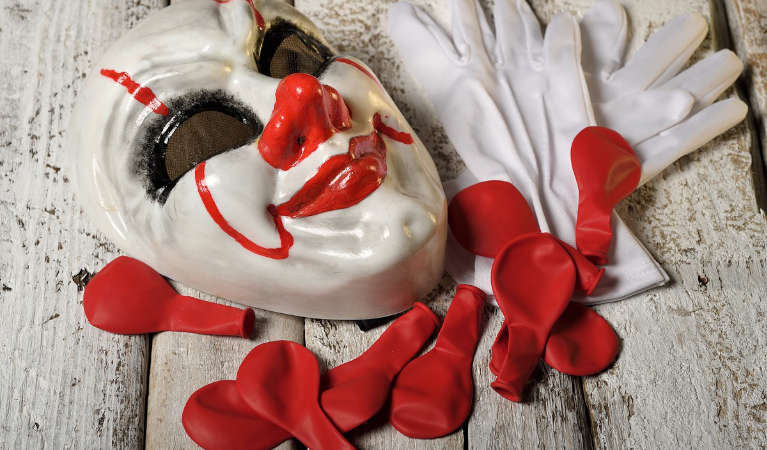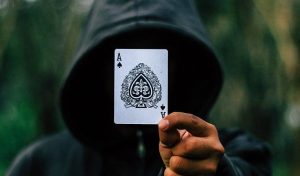Following allegations of cheating Dan Cates has responded to Dan Bilzerian, the person who accused him earlier this week on Monday of cheating in a high-stakes private poker game. In the ensuing Tweet, Cates linked a Google Document (see the tweet) explaining the alleged cheating that took place.
To get some context, Bill Perkins, another poker player, first sounded the alarm of potential cheating afoot when he discretely put the information out there, arguing that he was cheated out of winnings by a “ghost player.”
Bilzerian explained in what is now a deleted tweet that Cates played under a smurf account, and specifically Sina Taleb’s. Smurf accounts are used by players of much higher skill level who then join low-skilled games to gain an unfair advantage.
In responding to those statements, Cates conceded that he had used Sina’s account, but noted that many other professional players were using other accounts, too. He also explained that the aforementioned account’s surname was not Taleb.
Cates explained that he played only a handful of hands against Bill Perkins, and the game itself was filled with anonymous professionals. He further explained that the game in question was of particularly high-level which should have been a dead giveaway to the fact that there was a lot of smurfing around.
Perkins did throw heavy accusations to begin with. He argued that the intensity and severity of the issue was not unlike Mike Postle’s saga and that it would indeed make the former scandal look like a “church service.”
Cates Documented Story of Coloring Around the Lines
With Cates providing no names and evidence that other professionals were playing in the game in question, he finally issued an apology. He argued that he was an individual who held himself to high ethical standards and as such he would try to do better in future.
However, Cates’ past may be against him. He was previously linked to another cheating scandal back in 2011 when he was training Jose “Girah” Macedo and the player notched up a string of high stakes wins. Hailed as a prodigy within the community, Macedo’s credibility was quickly put into question.
At one point it transpired that Macedo had convinced many players to play one Sauron1989, touted as an ambitious and arrogant amateur who would be an easy prey. Yet, with Sauron relaying the hole cards to his friends, it turned out that anyone who had trusted Macedo was indeed the fish.
Eyes also turned on Cates who admitted that he had been playing under multiple account names, including Macedo and that of another high-stake player, Haseeb Qureshi.
No Big Deal, Says Nick Schulman
Nick Schulman, another fellow player, said that the severity of the “crime” ascribed to Cates in the latest scandal far exceeded the actual crime. Schulman had this to add in a Tweet:
Indeed, comparing Cates’ transgression, while not gallant, to Mike Postle’s knowing and purposeful cheating seems a bit extreme, especially when in poker, it all boils down to your personal skill.
Put another way, if you want to play in a high roller game, you better make sure you have the mindset and skill necessary to survive or win. Some of the biggest names in poker have also been caught “cheating” in a similar setting, including Justin Bonomo (who used multiple accounts) and Josh “JJProdigy” Field. Other players to have cheated under specific circumstances include Justin Lapka and Georgii Belianin.
Cates has issued several apologies since the issue was brought to the public’s eye and he confirmed that multi-tabling for the purposes of gaining an “unfair” advantage was wrong.







